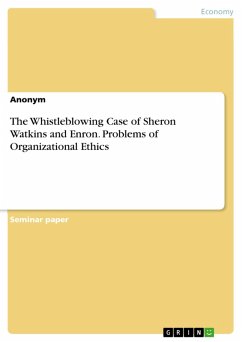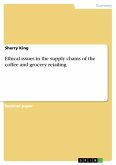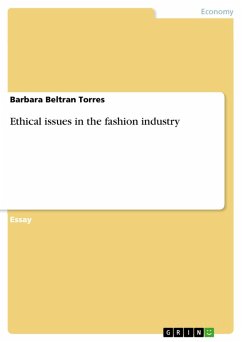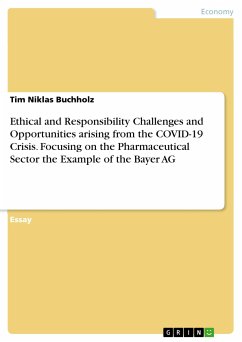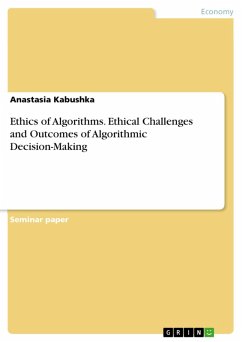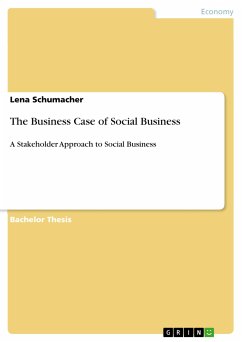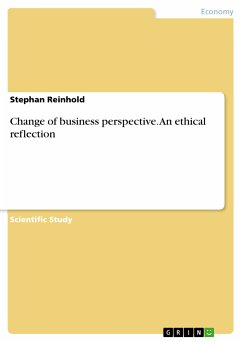Seminar paper from the year 2022 in the subject Business economics - Business Ethics, Corporate Ethics, grade: 1,7, University Witten/Herdecke, language: English, abstract: This paper deals with the application of theoretical and practical knowledge acquired in the seminar "Ethical Issues in Organizations". For this paper, we use our self-selected case of the company Enron and the whistleblower Sherron Watkins. The goal of this application is to show how the different levels and issues of organizational ethics matter and interact in the whistleblowing case of Enron. To create an in-depth analysis that answers this question, this paper examines the four dimensions of whistleblowing that were identified in the seminar: Starting with Watkins herself, a comprehensive description of her traits, character, and mindset will be given to gain insights into her personality. The second dimension analyzes all interpersonal relationships Watkins had, that affected her decision-making processes in any way, ranging from family to friends, co-workers, and superiors. The organizational context is the third dimension of this analysis, mainly focusing on the existing (and missing) instruments and environment that helped or hindered Watkins to speak up internally. In the last dimension, the aspects of the societal environment back then will be considered to further understand the social and corporate framework Watkins and Enron had to navigate. Equally important to the independent analysis is to look at the interdimensional connection i.e., combining the findings to create the big picture of the case analysis. Based on these interdimensional connections, the discussion of the case as its whole, further recommendations, and the conclusion of this paper are presented. It should be acknowledged that many of the following statements and views throughout the analytical chapters will be based on personal experiences and are bound to be subjective and therefore unlikely to be the absolute truth. This is especially accurate for all sources that are connected to Sharron Watkins' personal story, including her book and any interviews with her. As her motivations, actions, and encounters are key to understanding the ethical issues connected to Enron, the risk of individual perception has been considered, but all readers should not neglect the possibility of inconsistencies.
Dieser Download kann aus rechtlichen Gründen nur mit Rechnungsadresse in A, B, BG, CY, CZ, D, DK, EW, E, FIN, F, GR, HR, H, IRL, I, LT, L, LR, M, NL, PL, P, R, S, SLO, SK ausgeliefert werden.
Hinweis: Dieser Artikel kann nur an eine deutsche Lieferadresse ausgeliefert werden.

